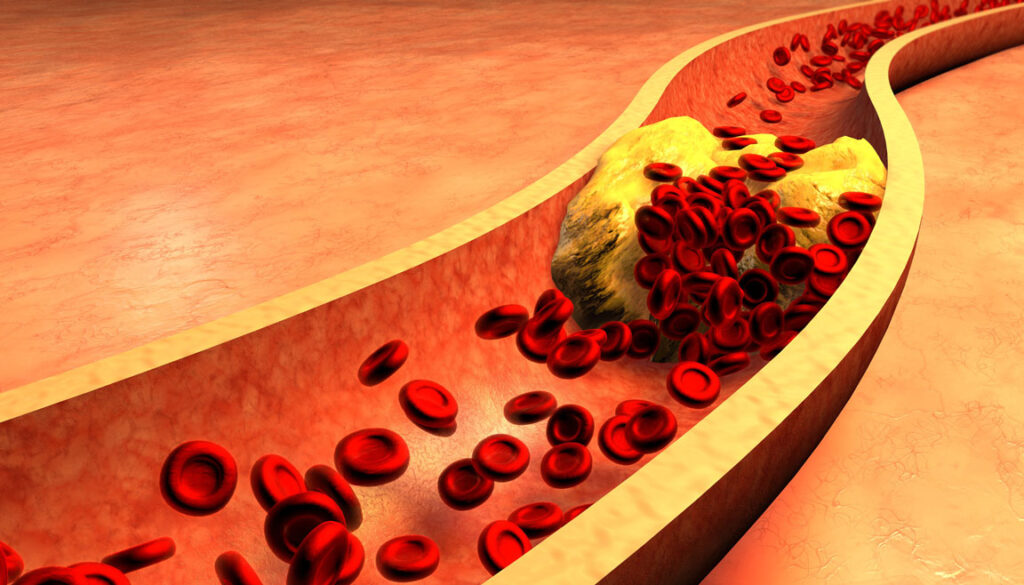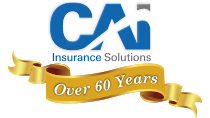High cholesterol has been linked to higher risks of heart disease, stroke, and other potentially serious health conditions. And because September is National Cholesterol Education Month, we are going to provide you with some information on cholesterol and tips to help you maintain healthy cholesterol levels.
What Is Cholesterol?
Cholesterol is a waxy, fat-like substance found in your body and many foods. Your body needs cholesterol to function normally and makes all that you need. Too much cholesterol can build up in your arteries. After a while, these deposits narrow your arteries, putting you at risk for heart disease and stroke.
–CDC

What Is Considered a Healthy Cholesterol Level?
For adults, healthy cholesterol levels are below 200 milligrams per deciliter (mg/dL). Borderline high cholesterol levels are considered to range from 200 mg/dL and 239 mg/dL, and anything above this is high. According to the Centers for Disease Control and Prevention (CDC), over 10% of American Adults have high cholesterol levels, and nearly 100 million have borderline high levels.
Preventing High Cholesterol
There are several actions you can take which have been proven to help prevent high cholesterol. Some proactive steps you can take to maintain healthy cholesterol levels include maintaining a healthy weight, abstaining from or quitting smoking, and limiting your alcohol intake. We are going to focus on two of the most effective methods, eating healthy and keeping physically active.
Eating Healthy
Your body makes all of the cholesterol it needs, so you do not need to obtain cholesterol through foods. Eating lots of foods high in saturated fat and trans fat may contribute to high cholesterol and related conditions, such as heart disease.
What you can do:
- Limit foods high in saturated fat. Saturated fats come from animal products (such as cheese, fatty meats, and dairy desserts) and tropical oils (such as palm oil). Foods that are higher in saturated fat may be high in cholesterol.
- Choose foods that are low in saturated fat, trans fat, sodium (salt), and added sugars. These foods include lean meats; seafood; fat-free or low-fat milk, cheese, and yogurt; whole grains; and fruits and vegetables.
- Eat foods naturally high in fiber, such as oatmeal and beans (black, pinto, kidney, lima, and others) and unsaturated fats, which can be found in avocado, vegetable oils like olive oil, and nuts). These foods may help prevent and manage high levels of low-density lipoprotein (LDL, or “bad”) cholesterol and triglycerides while increasing high-density lipoprotein (HDL, or “good”) cholesterol levels.
–CDC
Keep Physically Active
Physical activity can help you maintain a healthy weight and lower your cholesterol and blood pressure levels.
What you can do:
- Get active as a family. For adults, the Surgeon General recommends 2 hours and 30 minutes of moderate-intensity exercise, such as brisk walking or bicycling, every week. Children and adolescents should get 1 hour of physical activity every day.
- Make physical activity a part of each day. Take the stairs instead of the elevator, park a little farther away, walk to the store, or do jumping jacks during commercials.
–CDC

Managing Your Cholesterol Levels
If you are worried about your cholesterol levels, it may be beneficial to speak with your doctor and develop a plan to manage your cholesterol or prevent your cholesterol levels from becoming too high. Along with healthy lifestyle choices, you have the power to mitigate the risk of high cholesterol and its correlating health conditions.
